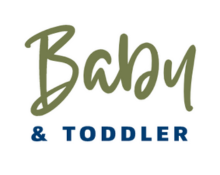
In the early days, it is generally recommended to wake a newborn baby for feeding if they have not shown signs of hunger on their own. Here are some guidelines to consider:
Newborn feeding frequency: Newborn babies typically need to be fed frequently, usually every 2-3 hours, including during the night. They have small stomachs and require frequent nourishment to support their growth and development.
Birth weight and health: If your baby was born premature, has a low birth weight, or any health concerns, your healthcare provider may recommend waking the baby for more frequent feedings to ensure adequate nutrition and weight gain.
Observe hunger cues: It’s important to observe your baby for hunger cues. Signs of hunger in a newborn may include rooting, licking lips, sucking motions, putting hands to mouth, or restlessness. If your baby is displaying these signs, it’s a good indication that they are ready to feed.
Growth and weight gain: Monitoring your baby’s growth and weight gain is essential. If your baby is consistently gaining weight and meeting their growth milestones, it is a positive sign that they are receiving enough nourishment. However, if there are concerns about your baby’s weight gain or if they are not waking on their own for feedings, it may be necessary to wake them to ensure regular breastfeeding.
Overnight feedings: During the night, it is generally recommended to feed your newborn on demand but with some flexibility. If your baby is gaining weight well and shows no signs of hunger, you may allow longer stretches of sleep. However, if they wake on their own or display hunger cues during the night, it’s important to respond and offer a feeding.
